'The Lost Weekend: A Love Story' And The Dangers of Depicting the Young Women In the Orbit of Powerful Men
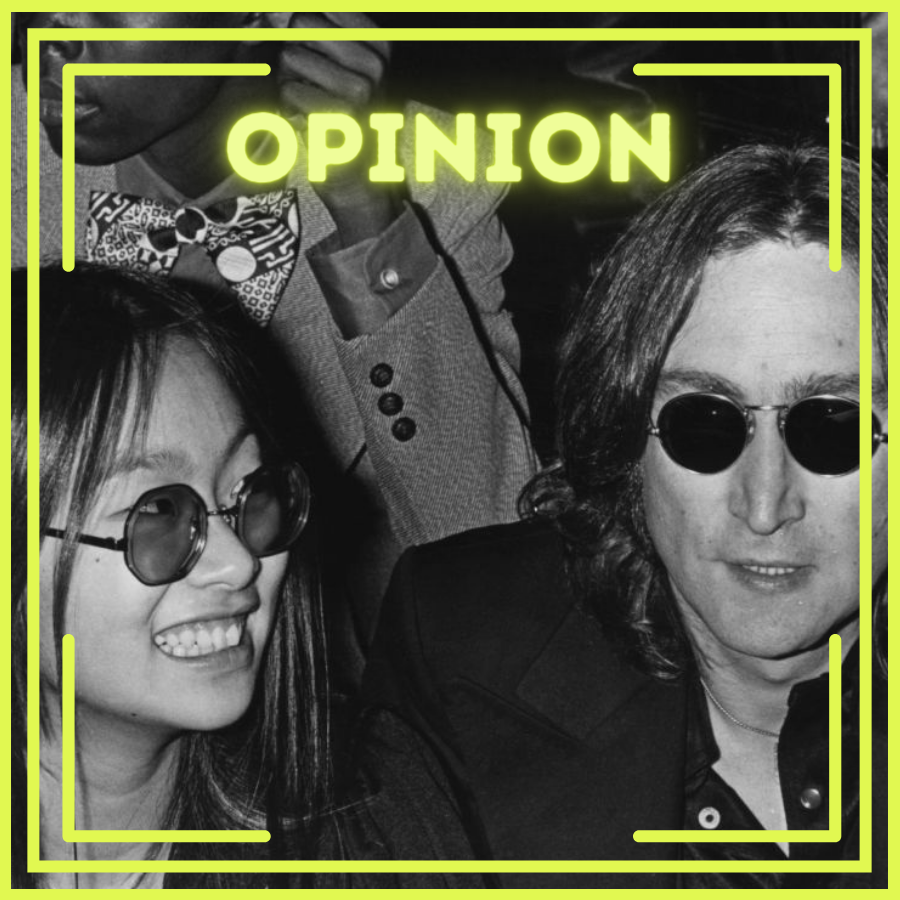
In a few hours, the feature documentary The Lost Weekend: A Love Story will be screening online at the Tribeca Film Festival. The documentary depicts the love story between John Lennon of The Beatles and his then-22-year-old assistant May Pang.
While the subject matter is already sure to be controversial, what's been causing further scrutiny on my part has been how the marketing materials frame this 18-month relationship.
As reported by Variety, the soon-to-be 72 year-old Pang was reluctant, at first, to participate in a documentary about that transformative 18-month period of her life, though she has written two books on her relationship with Lennon.
Due to the possibility of sensationalization, it's not difficult to understand why she was hesitant to open up.
While I believe that Pang's story is definitely worthy to be told, and I'm encouraged by Pang's willingness to own her story, I've been discouraged by how the marketing for the film has chosen to center (or not center) the main subject of the documentary.
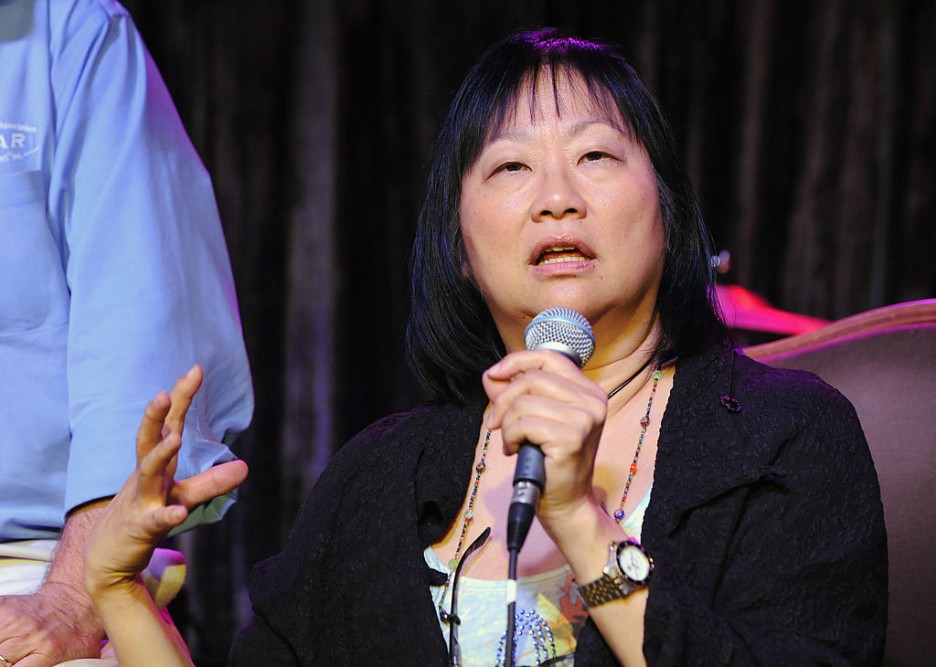
In a different universe, we may have gotten a documentary that celebrated the self-starting, strong-willed heroine at its core. However, if the marketing is anything to go by, The Lost Weekend seems determined to lionize Lennon and depict Pang as a curiosity, a temporary stopping point that helped the rockstar get back on track.
The Tribeca page for the film even describes Pang - remember, the main subject of the documentary - as "a kid" who helped "reinvigorate one of the greatest figures in music."
Even the image chosen to market the film features a young Pang looking up at Lennon as he looks out towards the camera, as if seeking validation from the older man, even though there are plenty of photos online that show the couple on much more equal footing.
Why is this important?
As an Asian American woman in media, I've long been wary of stories that make it seem that the people of color involved have no personal stories, or their own things going on.
Instead, these characters of color's stories are often only there to serve the white main character's journey - as if to say that the only purpose the lives of people of color have is to help the white people around them. (How dehumanizing!)
The marketing of The Lost Weekend feels in line with this long-held, deeply racist trope.
The unavoidable elephant in the room here is the sheer star power of John Lennon.One of the most famous men on earth at the time, it could be argued that the reason the marketing focuses so much on Lennon is because he's the common point that audiences will gravitate to.
It could be argued that, due to Lennon's outsized cultural footprint, any person in his orbit would of course be described only in relation to him.
However, putting aside the fact that Pang herself seems to be incredibly accomplished; by centering Lennon in this documentary and putting him on the superstar pedestal, they obscure the reality of their relationship and what was actually happening at the time.
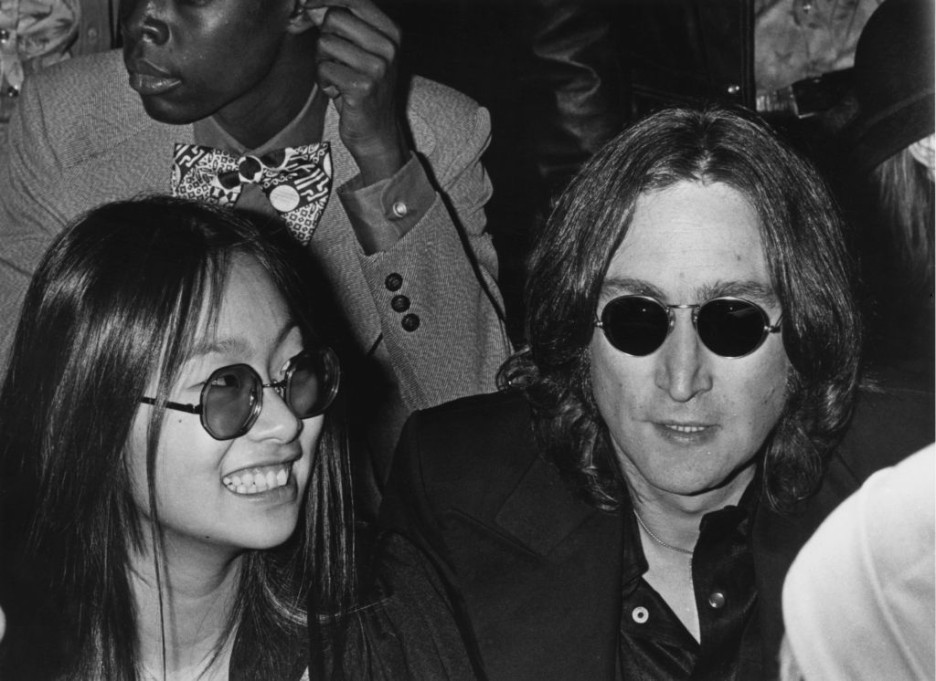
Once you strip away the bated breath that surrounds speaking about celebrity, and humanize both the man and the woman at the core of this relationship, you quickly realize the missed opportunity this documentary had.
After doing more research (I will be the first to admit that I knew little to nothing about either The Beatles nor John Lennon and May Pang before today) I came to the conclusion that the description on the Tribeca site got the story exactly backwards.
To accurately tell Pang's incredible story and actually center her in the documentary, the framing really should be thus:
The Lost Weekend is the story of a young, ambitious child of Chinese immigrants with no previous connection to the music industry, who got a job through her own bold resourcefulness, only to be forced into a relationship with her very famous boss - first though pressuring from his very famous wife, and then by the man himself, despite her initial protestations.
Possessing great power and fame, the young woman's very famous boss is, in reality, a rich, older, drunk of a man, who needed a 22 year-old to get his shit together. Although the she manages to reunite the man with his estranged son and helps spur his stalled music career, this man in his thirties somehow still passes off their 18+ month relationship as a "lost weekend," and then has the audacity to leave her for his ex.
Meanwhile, outsiders to the relationship will go on to criticize the 22 year-old as a homewrecker who tried to exploit her relationship for money, even though she never sought it out in the first place and was essentially groomed.
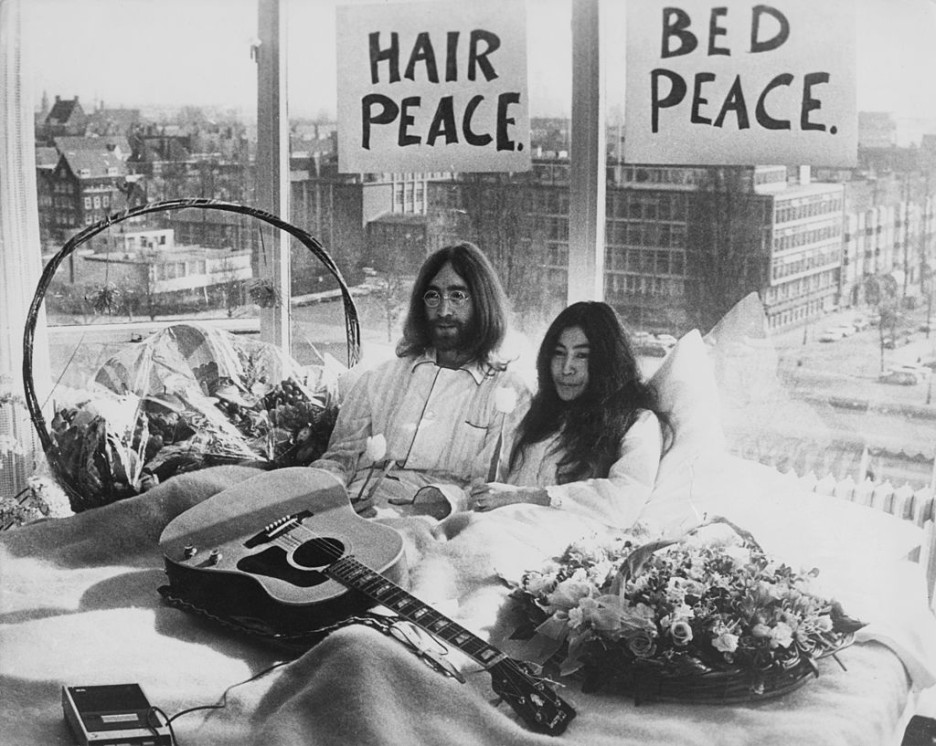
When you center Pang in the story at the heart of The Lost Weekend like this, a picture quickly emerges of an impossibly strong young woman, who gave a lot of herself to an older man who ultimately discarded her - a man with a documented history of abuse towards his partners, who seems to have simply replaced one Asian woman for another, younger one, and is treated like a hero because he also happened to be an artist.
Pang should be the hero of the story, especially seeing how Tribeca is looking to market the documentary as an "Asian Diaspora" story. Why is it so difficult to treat her like one in the marketing?
I think one of the greatest testaments to the importance of Pang to Lennon's life, despite his attempts to diminish her by referring to their relationship as "the lost weekend" in the first place, is how Julian Lennon, his long-estranged son, talks about Pang.
The fact that he talks glowingly of her and the time he got to spend with his father due to Pang's efforts speaks volumes. It's significant that they seem to still be in contact.
Yes, I'm fully aware that I'm making these judgments without even watching The Lost Weekend.
That is why I want to say that I hope and wish that the documentary does a fake-out, and actually tells Pang's story in a way that centers this incredible woman. If that occurs, then I'm happy.
All I want to point out is how damaging this film's marketing is, and how it pushes and romanticizes pernicious stereotypes and tropes when it comes the young women in the orbit of powerful men - their "muses" so to speak.
By pointing the framing being used, my hope is that we can be more aware the next time we see this type of narrative being used — because yes, even documentaries have narratives and editorializing.
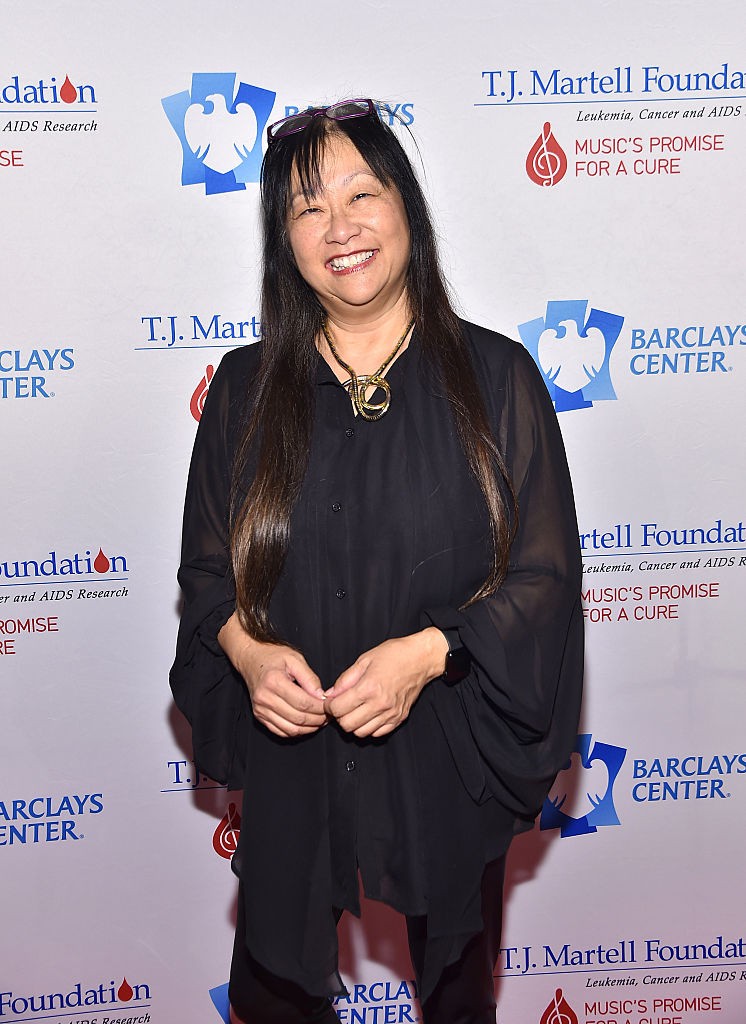
Additionally, the fact that young woman at the center of this film is a woman of color only makes it even more important to be conscientious when depicting her.
For a more even-handed approach to Pang's story, this Variety article is a good start, though I'm sure her books do a much more thoroguh job telling her story.
The Lost Weekend: A Love Story plays online at the Tribeca Film Festival today, Friday, June 10, 2022.
For more entertainment news and commentary, please follow Enstarz! We bring you the latest on your favorite celebrities, TV shows, and films.
© 2025 Enstarz.com All rights reserved. Do not reproduce without permission.






